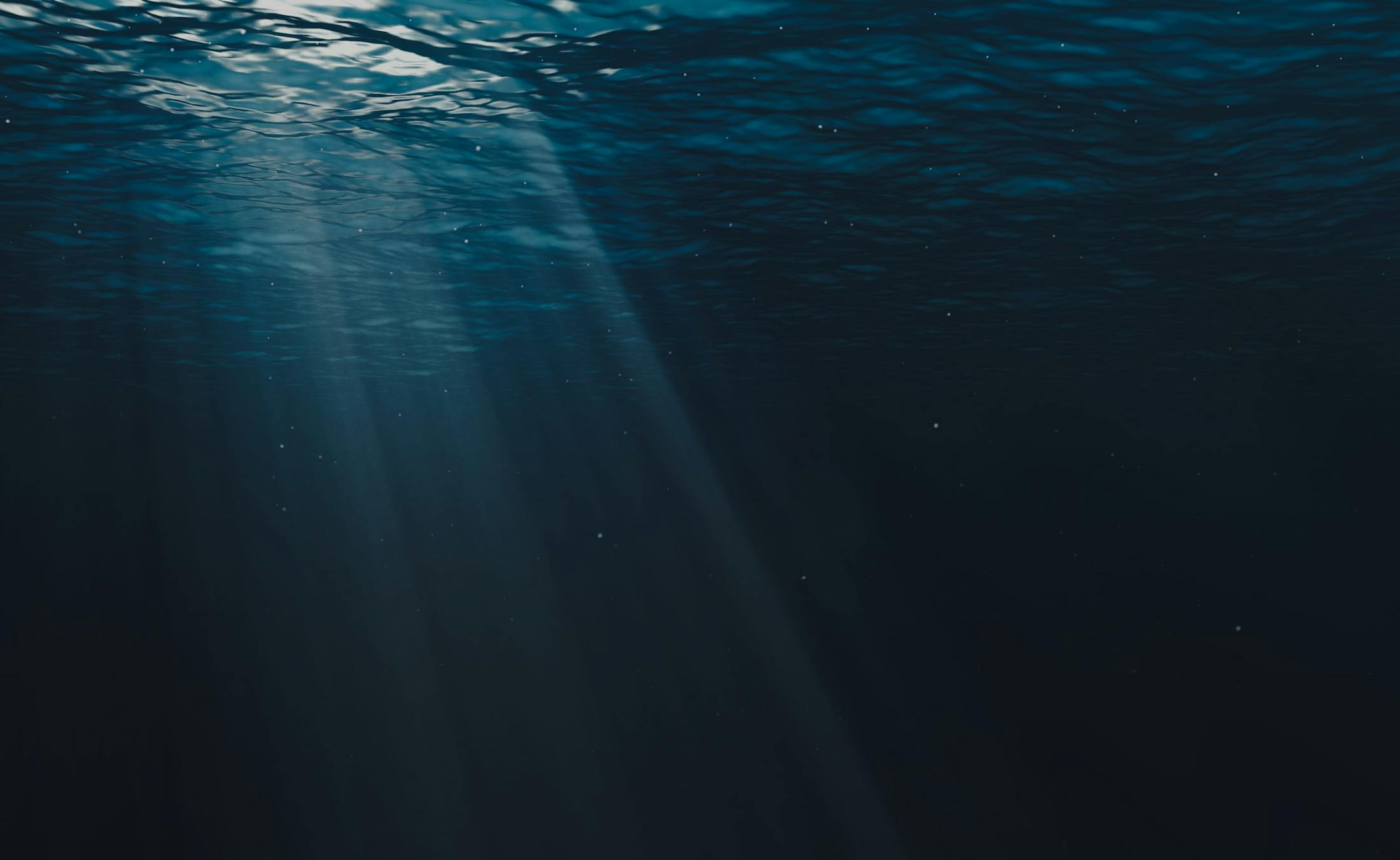Spring is just around the corner, and in the warmer parts of the U.S., that means that it’s nearly time to go swimming. While swimming can be fun, it can also be dangerous, and tragically, both children and adults lose their lives in swimming pool accidents each year. To protect yourself and others, here are 10 safety tips from swimming pool accident attorney Keith Brais.
Avoiding Serious and Fatal Accidents at Swimming Pools
To minimize the risk of swimming pool accidents, all swimmers should abide by the following 10 safety tips:
1. Observe Pool Occupancy Limits
Overcrowding is a common factor in swimming pool accidents. Public pools, pools at hotels and motels, and pools on cruise ships all have occupancy limits, and these limits should be enforced and observed. When pools get overcrowded, not only is there a greater risk of colliding with someone else while swimming or diving, but it can also be more difficult to spot someone who has gone under the water.
2. Don’t Swim with Objects on the Surface
The risk of not being able to spot someone who has gone under the water is the same reason why it is important not to swim with objects on the surface of the pool. This includes not only large pool floats and beach balls but also leaves and debris. When someone is swimming, it should be possible to see them from above at all times.
3. Don’t Swim Alone
While many people enjoy swimming alone, doing so can be dangerous. If something happens, there is no one there to help you. Even experienced swimmers can experience unexpected accidents, and situations can become life-threatening if there is no one around to provide assistance or call for help.
4. You Can Play, But Play Safely
Playing in the pool is fun, and we’re certainly not going to say that you can’t play. But we are going to say that you should play carefully. When playing in a swimming pool, everyone involved should be conscious of their surroundings, and they should avoid making dangerous or reckless decisions that have the potential to put themselves—and others—in harm’s way.
5. Stay Away from Pool Drains
Pool drains can be dangerous. If a pool drain malfunctions or is not properly protected (i.e., if its cover is broken or missing), entrapment is a very real risk. Hair, swimsuits, and body parts can get sucked into pool drains, and when the water level is overhead, this can quickly turn a fun day at the pool into a life-or-death scenario.
6. Stay Away from Damaged and Poorly Maintained Pool Equipment
In addition to staying away from pool drains, swimmers of all ages should also stay away from damaged and poorly maintained pool equipment. This includes dangerous ladders and diving boards, among other things. If a diving board breaks or a ladder falls into the pool, this can potentially knock a swimmer unconscious and create the need for an immediate rescue—assuming there is someone around to help.
7. Don’t Dive in Shallow Water
All pools should have signs and tiles telling swimmers not to dive in shallow water. Diving in shallow water can be extremely dangerous. When diving, your body moves through the water quickly, and you can easily hit the bottom of the pool with enough force to result in unconsciousness.
8. Don’t Drink and Swim
For many people, hanging out by the pool and drinking are synonymous—especially when it’s sunny and the weather is warm. But, while there is nothing wrong with drinking responsibility, drinking and swimming can be extremely dangerous as well. Additionally, if adults have too much to drink while they are supposed to be supervising children who are swimming, they may not be able to provide a rescue if necessary.
9. Don’t Swim in Water that is Cloudy or Green
If a swimming pool is cloudy or green, this is a sign that it is not safe to enter. If pool water is cloudy, this typically means that it is lacking in chlorine—which means that there could be viruses and bacteria in the water. Green water is a sign of algae, which can also be dangerous for swimmers.
10. Don’t Assume Pool Owners Are Doing Everything They Should
Finally, while pool owners should ensure that their pools are well-maintained and appropriately supervised, many fail to do so. This applies across the board—from hotels, motels and cruise ships to neighborhood associations and private pool owners. While pool owners can be held liable for accidents in many cases, it is best to avoid dangerous situations whenever possible.
What Should You Do if You (or Your Child) is Involved in a Swimming Pool Accident?
Let’s say you or your child has been involved in a swimming pool accident. What should you do?
Unfortunately, even the safest swimmers and parents cannot avoid all accidents. As a result, when accidents happen, victims and their parents should consult with a swimming pool accident attorney about their legal rights. All pool owners have legal obligations—and when they fail to meet these obligations, they can (and should) be held accountable.
In cases involving non-fatal swimming pool accidents, it is also important to seek medical treatment promptly. This is true whether the accident happens on a cruise ship, on vacation, or in your neighborhood. Head injuries and near-drowning incidents can present risks for a variety of complications, and seeking treatment promptly will help you protect your health and your legal rights.
Request a Free Consultation with Swimming Pool Accident Attorney Keith Brais
Attorney Keith Brais provides experienced legal representation for individuals and families following serious and fatal swimming pool accidents. He handles cases against cruise lines, resorts, hotels and motels, vacation rental owners, neighborhood associations, and other pool owners. If you need to speak with an experienced swimming pool accident attorney about filing a claim, we encourage you to call 800-499-0551 or contact us online for a free and confidential consultation.


